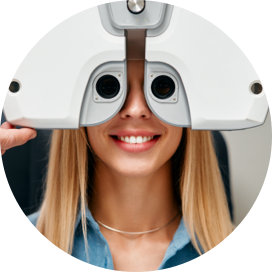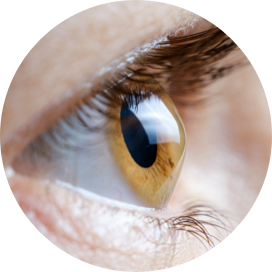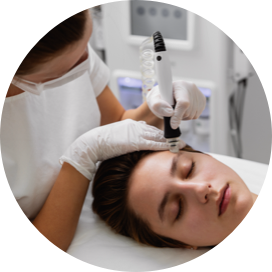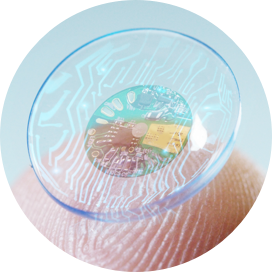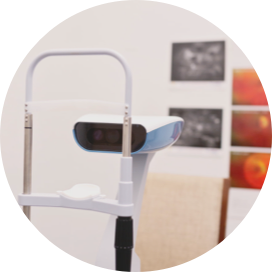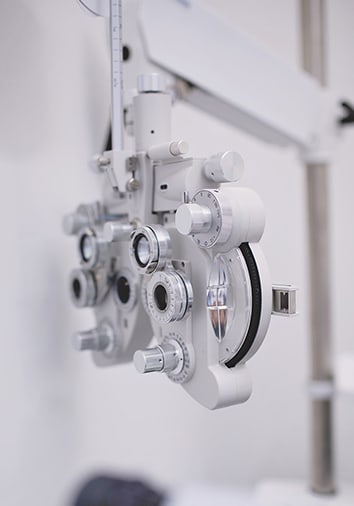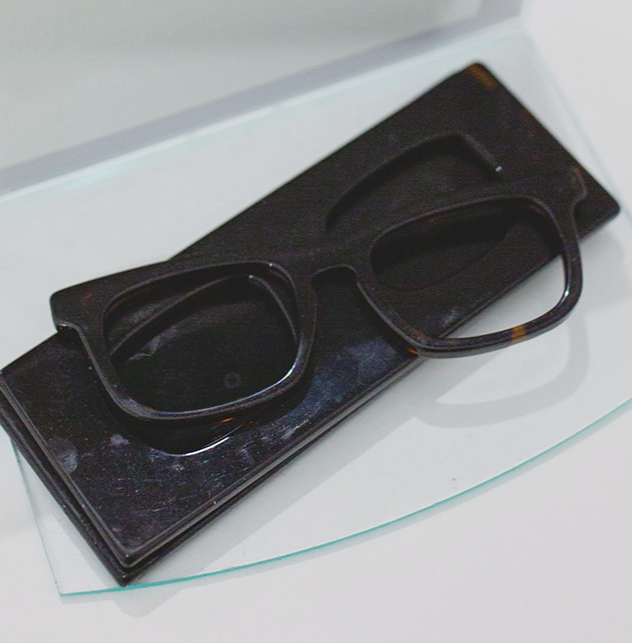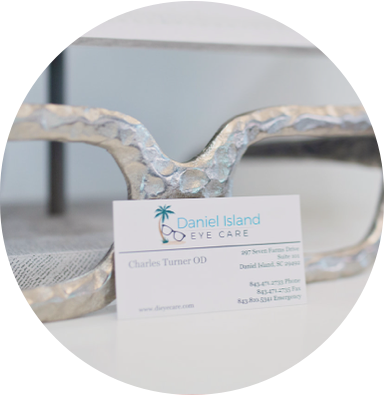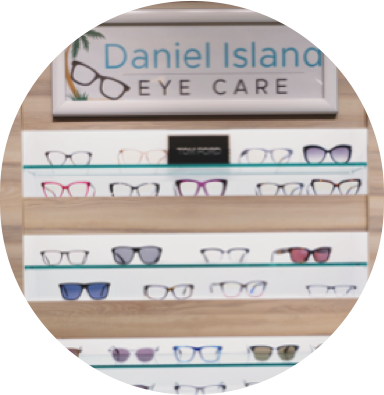Understanding when to schedule an eye exam is important for maintaining healthy vision and catching potential health and ocular conditions issues early. There are different eye exams to address different concerns.
The frequency of eye exams for children, adults, and seniors varies depending on age, underlying health conditions, and risk factors for eye diseases.
The Importance of Routine Eye Exams
Routine eye exams are a key component of maintaining healthy vision. These comprehensive exams focus on evaluating both vision and the overall health of your eyes.
Optometrists play an important role in diagnosing, treating, and preventing eye diseases. They can often detect general health conditions during an eye exam and refer patients to specialists as needed.
Eye conditions that can be detected during a comprehensive eye exam include:
- Cataracts: Occurs when the natural lens of the eye becomes cloudy resulting in blurry or hazy vision.
- Glaucoma: Causes damage to the optic nerve and can lead to vision loss.
- Age-Related Macular Degeneration (AMD): This occurs when the macula, a structure of the retina, is damaged. This affects an individual’s central vision.
- Dry Eye Disease: This occurs when tears are unable to moisturize the eye. This leads to red, irritated, and itchy eyes and blurry vision.
Optometrists can even uncover general health conditions with some signs of illnesses first identified through an eye exam, such as:
- Diabetes: Signs of diabetic retinopathy can appear in eye tissue even before an individual has been diagnosed with diabetes.
- Heart disease: Signs of heart disease can be detected in the retina using an OCT machine.
- High blood pressure: Bends, kinks, or bleeding from blood vessels in the back of the eye are signs of high blood pressure. High blood pressure can put individuals at risk for developing eye diseases like glaucoma or macular degeneration.
- High cholesterol: Signs of high cholesterol can be seen around the cornea and the blood vessels of the retina.
- Thyroid disease: Signs of hyperthyroidism can include protruding eyeballs, retracting eyelids, dry eyes, blurry vision, and vision loss.
Comprehensive Eye Exams
A comprehensive eye exam includes a vision assessment to determine any refractive errors and to help make sure individual eye prescriptions are up to date.
During a routine eye exam, an optometrist might dilate your pupils to thoroughly check the optic nerve and retina for any signs of eye diseases such as diabetic retinopathy, glaucoma, macular degeneration, and cataracts.
Children’s Eye Exams
Children between 6 months to 18 years are encouraged to have annual routine eye exams. Annual exams are necessary during childhood due to the rapid changes in vision and eye development, which typically begin to stabilize around the age of 20. Additionally, vision problems can affect learning and development.
A child can have their first eye exam as early as 6 months! During an infant and young child eye exam, the optometrist will check that your baby’s eyes are healthy. This includes checking that the eye muscle movements and alignment are developing properly and the eyes are focusing together.
Some children may be recommended to undergo a cycloplegic refraction. If the optometrist suspects that a child is excessively straining their eye muscles during the vision assessment, they choose to use drops to dilate the eyes and relax the eye muscles. This process helps the optometrist to better determine a child’s refractive error.
Adult & Senior Eye Exams
Adults aged 19 to 64 are advised to visit their optometrist for a comprehensive eye exam every two years. Individuals who are at risk for eye conditions or other health concerns may be advised to have annual routine eye exams to help monitor and detect any eye concerns.
At age 40, a complete eye examination is particularly recommended, as this is when early signs of disease or vision changes may appear.
Annual eye exams become important for individuals who are 65 and over due to the increased risk of vision problems associated with aging. These can include:
- Trouble distinguishing colors
- Difficulty seeing at night and low vision
- Glare sensitivity
- Cataracts
- Age-related macular degeneration (AMD)
- Vision injuries related to falls
Contact Lens Exams & Fittings
Individuals wearing contact lenses are advised to see their optometrist yearly for exams and fittings as contact lens prescriptions expire annually.
These visits ensure that your eyes remain healthy enough for contact lens wear and allow the optometrist to make necessary adjustments to your prescription. Wearing outdated or improperly prescribed lenses can lead to discomfort and potentially damage your eyes.
Diabetic Eye Exams
Type 1 or type 2 diabetes can affect the vision and health of the eye. Individuals with diabetes are encouraged to have a diabetic eye exam every year to help maintain healthy vision and prevent ocular problems.
During a diabetic health exam, your optometrist will focus on assessing the health of your retina and ocular blood vessels.
The pupils will be dilated to get a closer look at the internal structures of the eye that may not be seen as clearly in an undilated exam. The dilation drops will cause temporary blurred vision and light sensitivity for a few hours.
Once the eyes are fully dilated, fundus photos and Optical Coherence Tomography (OCT) scans will be taken. Fundus photography records detailed color images of the interior surface of your eye, particularly focusing on the retina and ocular blood vessels. OCT uses light waves to take cross-sectional pictures of your retina.
Diabetes increases the risk of developing serious eye conditions such as glaucoma, diabetic retinopathy, and diabetic macular edema. Since these conditions can progress with minimal symptoms, regular diabetic eye exams are key to catching and managing issues before they worsen.
Book an Appointment in Charleston, South Carolina
Routine eye exams are key to maintaining healthy eyes, vision, and overall health. The frequency of these exams will be determined based on a patient’s age, underlying health concerns, and risk factors for eye diseases.
Contact our team at Daniel Island Eye Care to book your next eye exam appointment!


